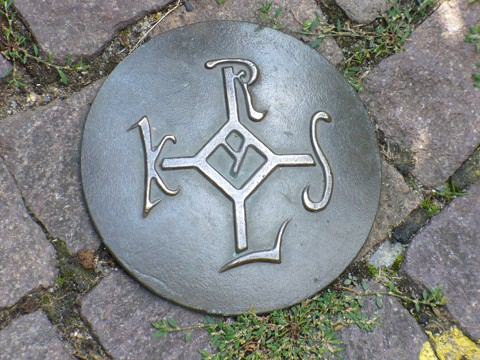I have often wondered about the word “talent.” In English it is almost equivalent to “ability,” and it seems to be derived from the similar Greek word τάλαντον. There’s a discrepancy, however: this Greek word is the name of a measurement of weight, about 59 kg or 130 lbs. As an extension of that, the word also came to mean the amount of coins that weighed that much, which understandably would be a very large sum of money. So are these words related? If so, how did this association come about? These questions were answered by a recent visit to Dictionary.com and Wikipedia.
Not surprisingly, the Greek word came first. It was borrowed by Latin as talentum, and in the Middle Ages it underwent a semantic shift. Influenced by Jesus’s “parable of the talents” in Matthew 25, people started using the word to mean abilities, which fits nicely with the parable—after all, God does want us to use our abilities for Him, and to gain more in the process. This old word with a new meaning was then passed to Old English as talente, and the rest is history.
Now that that’s cleared up, maybe you can read Matthew 25 in a new light. It seems that throughout my life I have always heard the parable taught with the abilities application, and while that is certainly legitimate (Jesus does not explicitly say what the talents represent), the application can really be much broader. What about your time, money, and other resources that God has entrusted to you? Is not each of us responsible for being good stewards of these things, to return them with interest to the One who loaned them to us?

